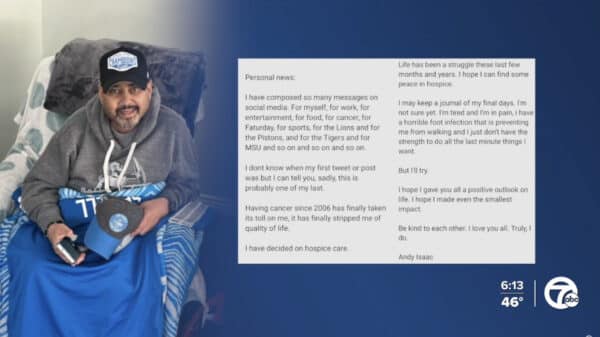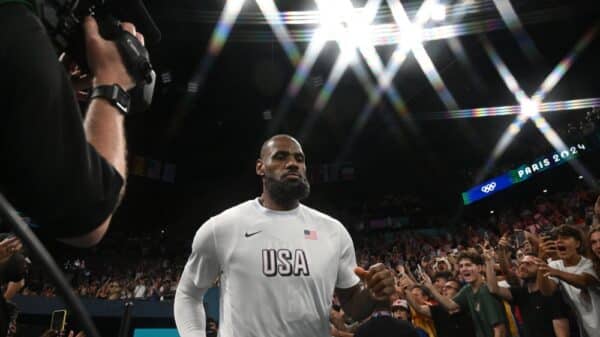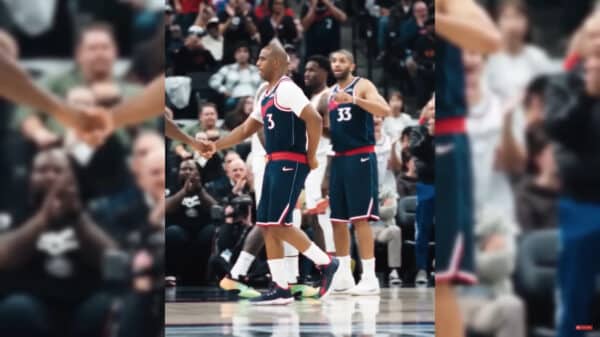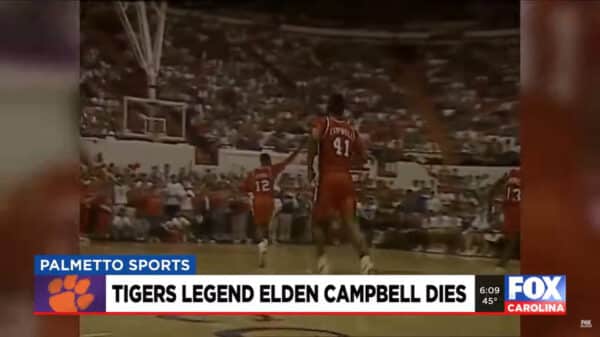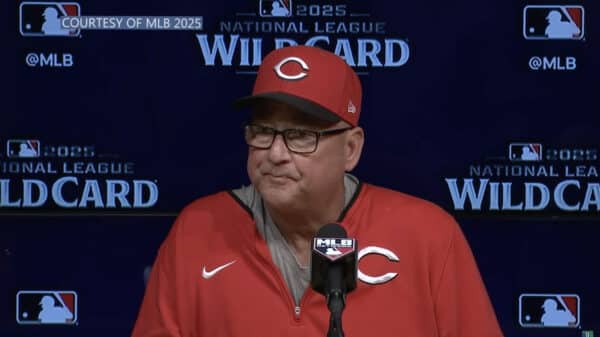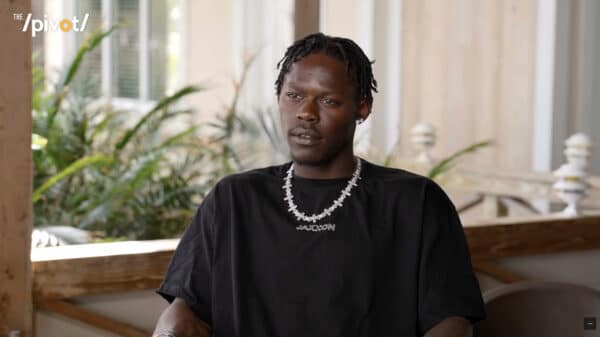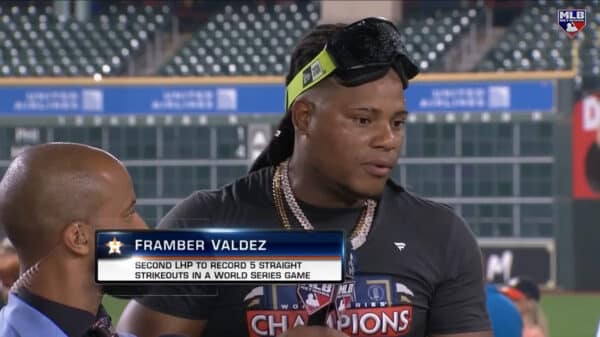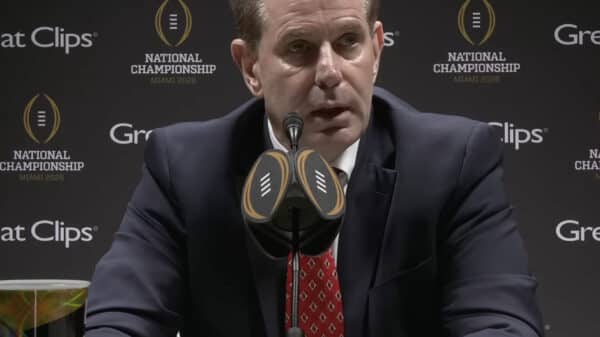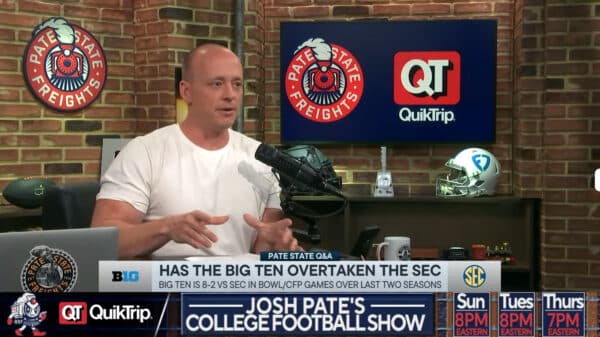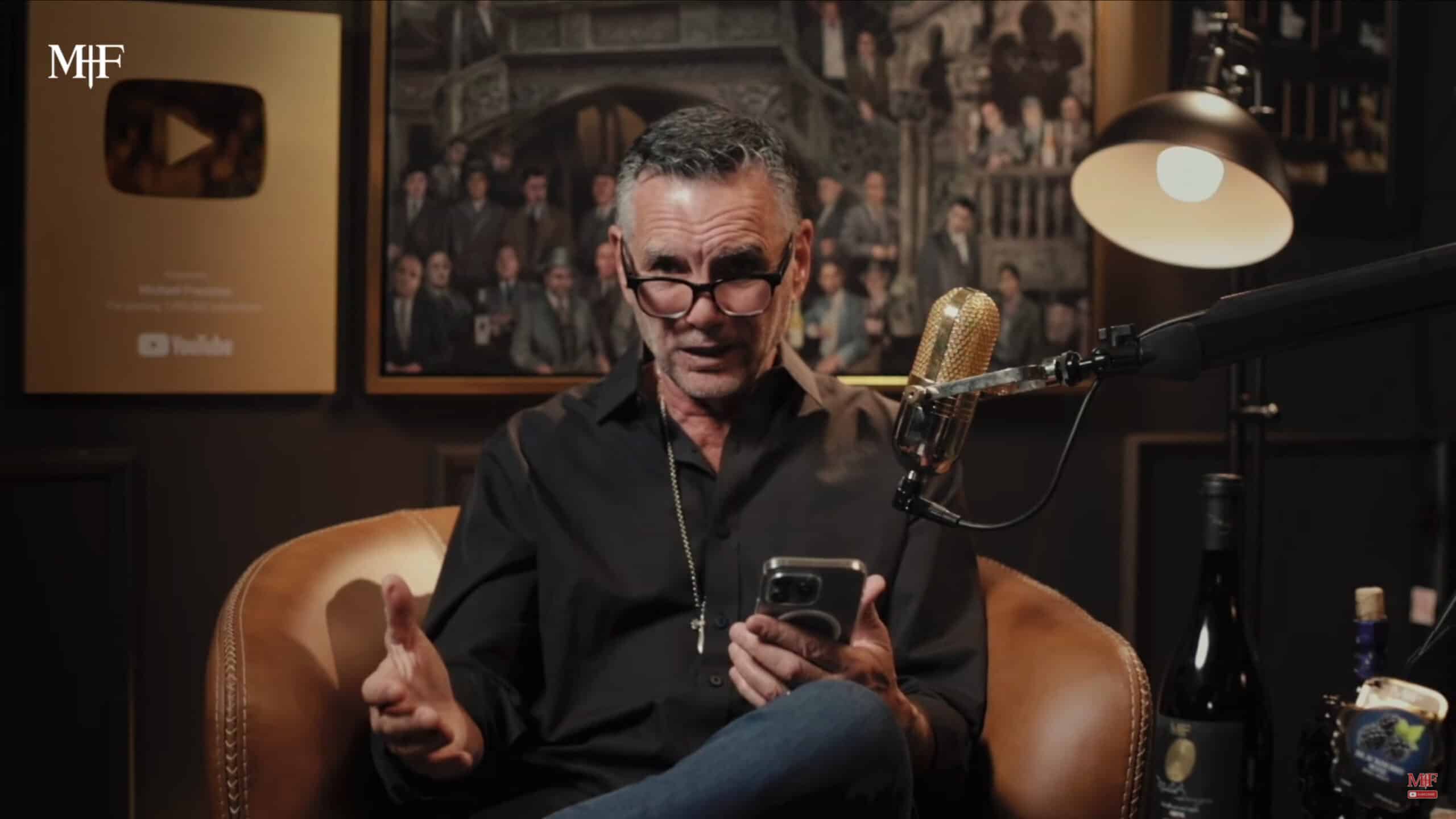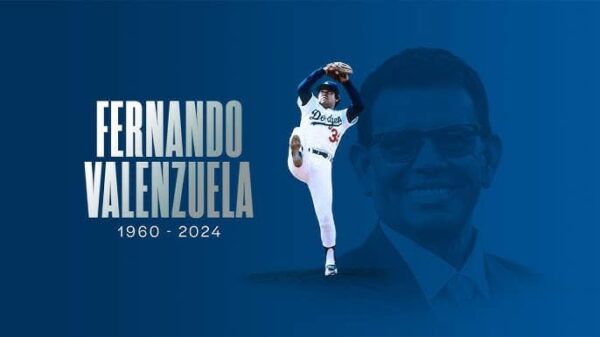Former mobster Michael Franzese, previously with the Colombo crime family, has shared his insights into a troubling issue in the sports industry: professional athletes finding themselves ensnared in the murky world of gambling. His perspective sheds light on how the allure of gambling can lead to devastating consequences for those who participate.
Franzese, who spent a decade behind bars due to racketeering and tax fraud, has since transformed his life into one of redemption as a motivational speaker and born-again Christian. His past as a significant figure in organized crime during the 1980s provides a unique viewpoint on the connection between gambling and professional sports.
Recently, the sports world has been shaken by several high-profile gambling scandals, leading to arrests of notable figures. Just last month, authorities charged Portland Trail Blazers’ head coach Chauncey Billups, Miami Heat guard Terry Rozier, and former NBA player Damon Jones for their involvement in an illegal gambling ring.
Adding to the wave of controversy, Cleveland Guardians All-Star closer Emmanuel Clase and his teammate Luis Ortiz faced serious allegations of bribery in connection with pitch manipulation, potentially facing up to 65 years in prison for their actions.
How Athletes Become Entangled in Illegal Gambling
In a conversation back in 2019 with VladTV, Franzese elaborated on the factors that lead professional athletes to engage in illegal gambling, often jeopardizing their careers. He described a pattern stretching back to the 1970s and 1980s, where even the most highly paid athletes fell prey to the lure of gambling, accumulating heavy debts in the process.
Franzese revealed that some athletes colluded with illegal gamblers, further deepening their financial troubles. In dire situations, athletes resorted to compromising their performance to alleviate their debts. He provided a grim scenario: a quarterback might intentionally throw multiple interceptions in a game if his team was expected to win easily. This kind of manipulation could easily lead to loss of trust, fans, and ultimately, careers.
Similarly, Franzese highlighted that running backs could find themselves compelled to fumble at crucial moments, taking directives from those holding sway over their debts. He underscored the stark reality that these athletes often felt they had “no choice” but to comply, as the ramifications could lead to severe personal consequences, even physical harm.
This grim picture illustrates just how high the stakes can be for professional athletes. With the pressure to perform under intense scrutiny and the ever-present temptation of gambling, it’s easy to see how one misstep can spiral into a life-altering situation. Franzese’s cautionary account serves as a pivotal reminder of the dark side of gambling within sports.
In conclusion, the intersection of professional athletics and gambling is fraught with peril. As illustrated by Michael Franzese’s experiences, the combination of financial desperation and external pressures poses a substantial risk to athletes. Those in the sporting arena must be aware of these dangers and cultivate a supportive environment that prioritizes responsible choices over financial quick fixes. Navigating this landscape requires not just talent in sports but also a strong moral compass to resist temptation.


